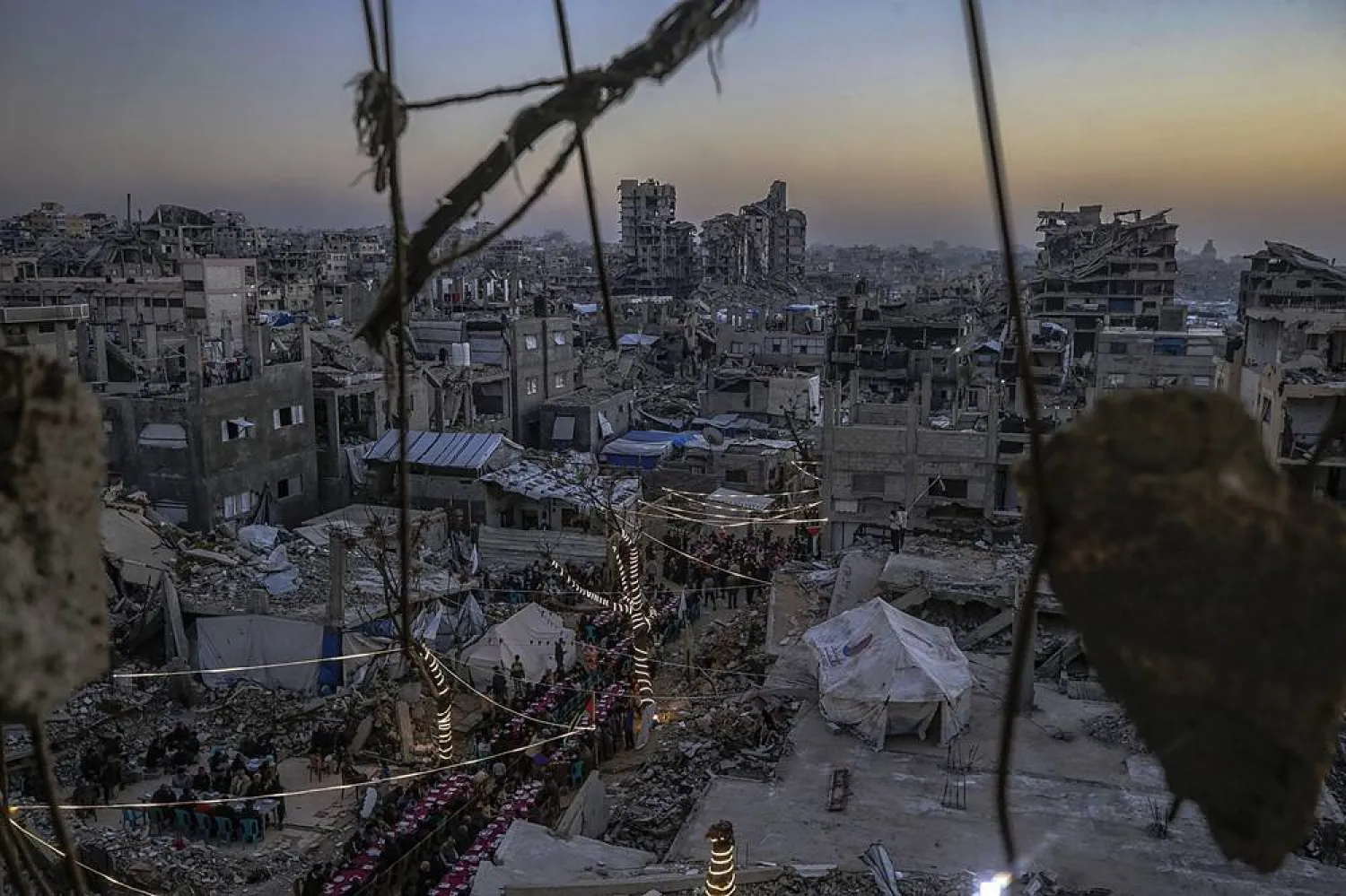The Kurdistan Democratic Party (KDP) has submitted a new candidate to run in Iraq's presidential election.
The Federal Supreme Court had barred the KDP's preferred candidate, former minister Hoshyar Zebari, from running over corruption allegations.
Kurdish media that is close to the party identified the new candidate as Reber Ahmed Barzani, the interior minister of the Kurdistan Region government. Barzani, 55, served in important security posts, including the Kurdish intelligence agency.
He is not related to head of the KDP, Masoud Barzani.
Kurdish sources said Reber Ahmed was the sole survivor from his family from an attack, known as the al-Anfal operations, carried out by Iraqi forces in the 1980s
Ahead of declaring his nomination, senior KDP sources condemned the Supreme Court's ruling to bar Zebari from running for president, dismissing the move as "purely political".
The decision will persuade the KDP to further cling on to the position of president against its rival, the Patriotic Union of Kurdistan (PUK), they added.
By political convention, the president of Iraq is a Kurdish figure.
Meanwhile, head of the PUK, Bafel Talbani was in Baghdad for talks with the Shiite Coordination Framework, a grouping of pro-Iran factions that were the major losers in the October parliamentary elections.
The meeting was attended by top leaders of the Framework, former Prime Minister Nouri al-Maliki, head of the Fatah alliance Hadi al-Ameri and head of Asa'ib Ahl al-Haq Qais Khazali.
In a joint statement, they stressed the need to continue dialogue with all political parties to form a "government of consensus."
A source from the Framework told Asharq Al-Awsat that the leaders of the grouping urged Talbani to agree on a "settlement candidate" with Reber Ahmad because the ongoing dispute over the presidency is impeding political dialogue.
The source said Talbani had proposed a new Kurdish figure as a consensus candidate. The figure enjoys the support of the Framework and is close to the KDP and PUK.
Iraq has been struggling to form a new government after the parliamentary elections results were ratified in December. The election of a president has also proven to be another hurdle after Zebari's candidacy was dismissed and parties scramble to name nominees.
Elsewhere, head of the Sadrist movement, cleric Moqtada al-Sadr held a closed-door meeting with Prime Minister Mustafa al-Kadhimi in Najaf city.
A source from Sadr's office said the meeting tackled efforts to form a new government and the latest political developments. It did not elaborate.
Kadhimi is seen as favorite to retain his post.









